Bikes and horses can cause the most damage, but foot traffic is also destructive when the ground is wet.
"If people must go out, we want them to stay on the trails. Please avoid walking around puddles because it damages vegetation and creates trail widening," said Land Access Manager Shaun Clarke.
Clarke recommends hikers reschedule an outing when storms hit because windy conditions can be dangerous. Tree roots can lose their footing, rocks can tumble down slopes and high winds can break branches and topple trees.
For folks who just can't help themselves and need to get outside despite foul weather, it's recommended to use alternative trails like the paved Litton Trail located off Sierra College Drive.
Trails can take a week or two to dry out depending on the slope, elevation, and soil type. Look for south facing trails and trails at lower elevations that dry out more quickly. Water is the number one enemy of the trail. Bear Yuba Land Trust uses federal trail building standards designed to minimize water impacts and endure a beating.
"The idea is that if a trail is built right the first time then it won't need much maintenance if trail users follow the rules and stay on the trail," said Clarke.
More from MLT:
There are some excellent trails farther down the hill that dry out quicker than others, and can get you back in nature sooner:
Folsom Lake SRA decomposed granite trails
Hidden Falls ranch roads
American River Parkway bike trail
To see the complete article in The Union newspaper, CLICK HERE.
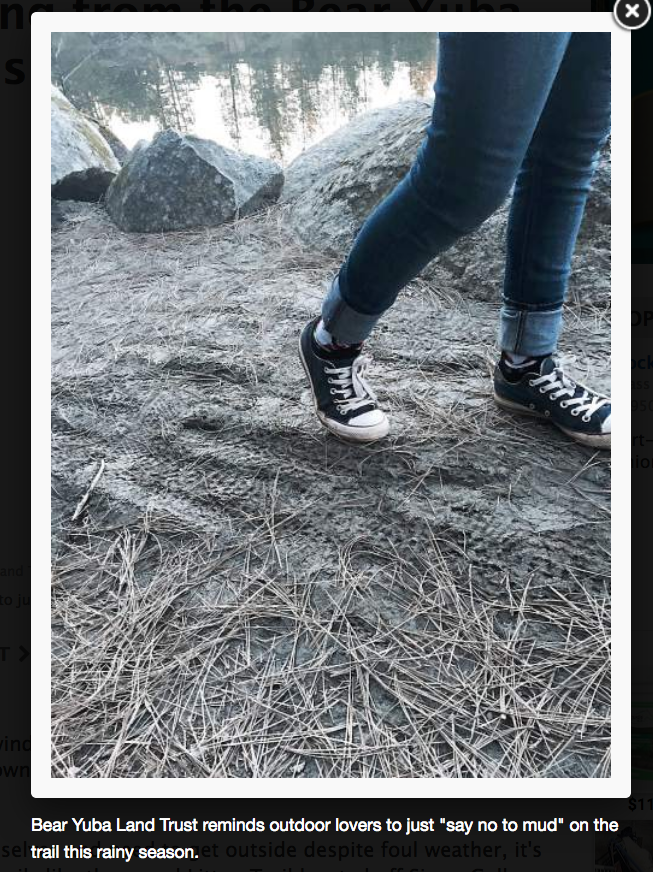
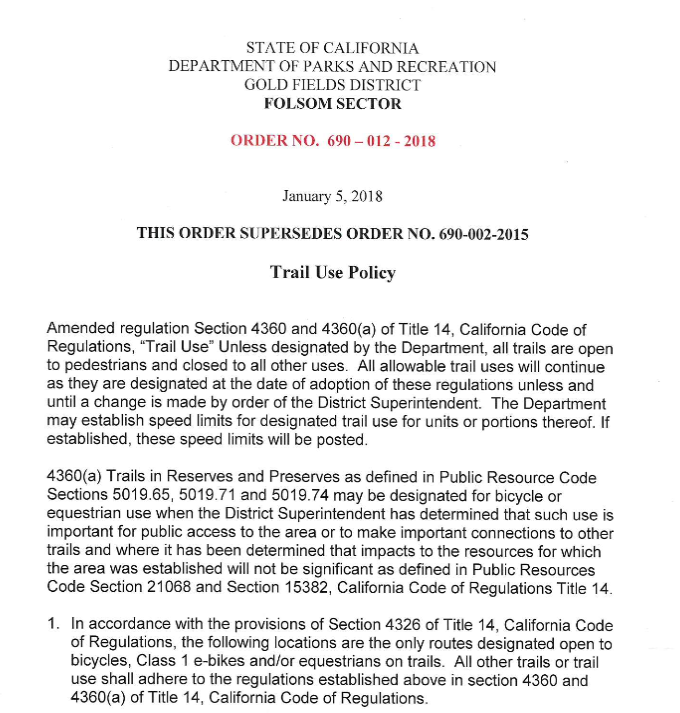
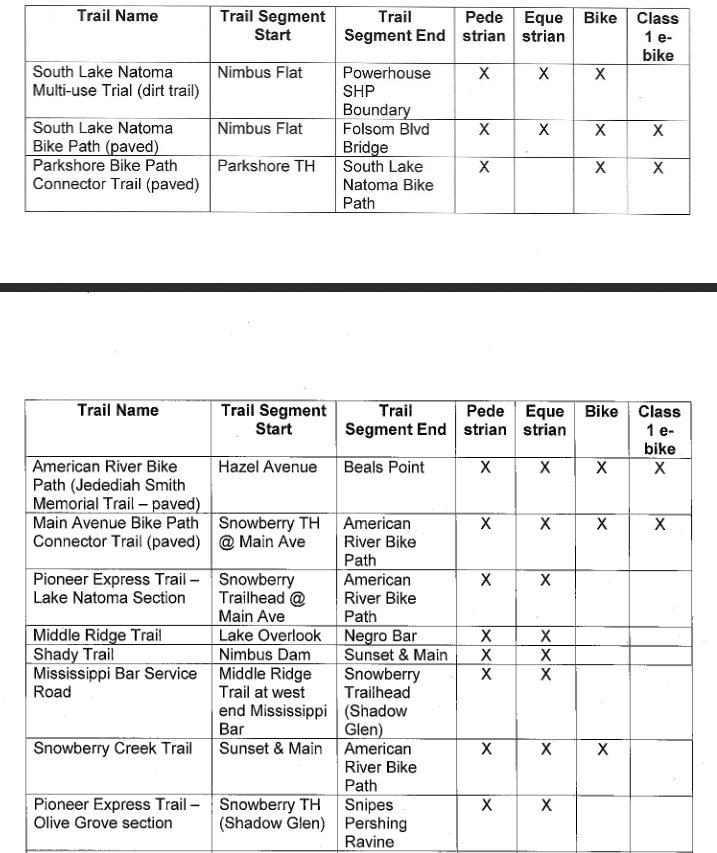
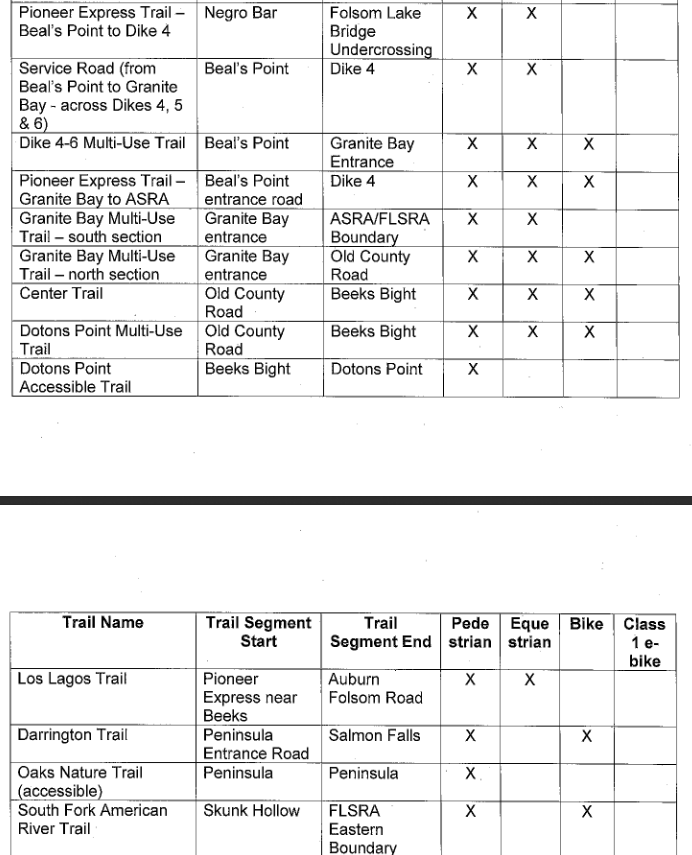
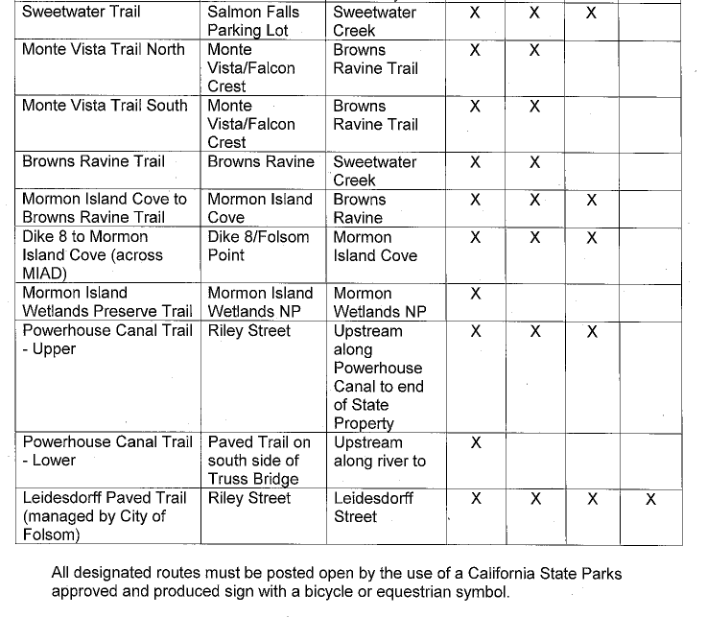
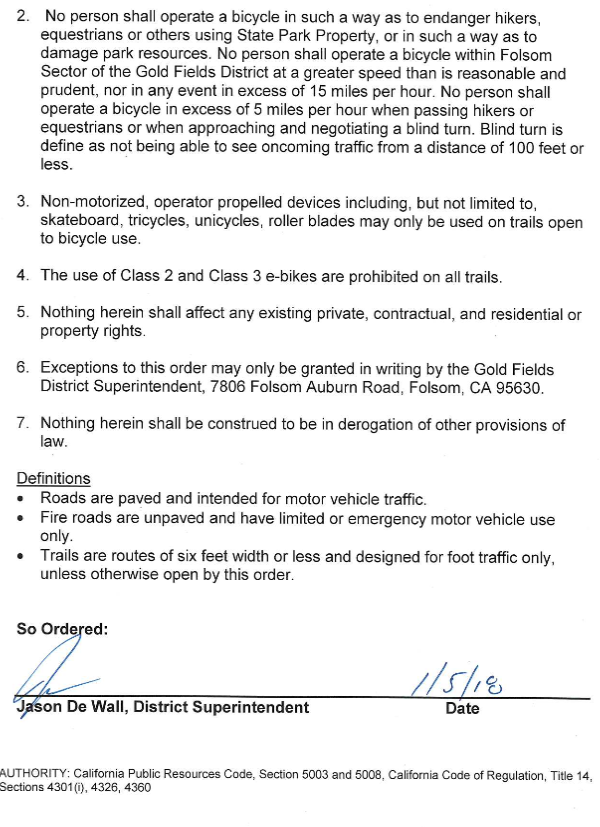
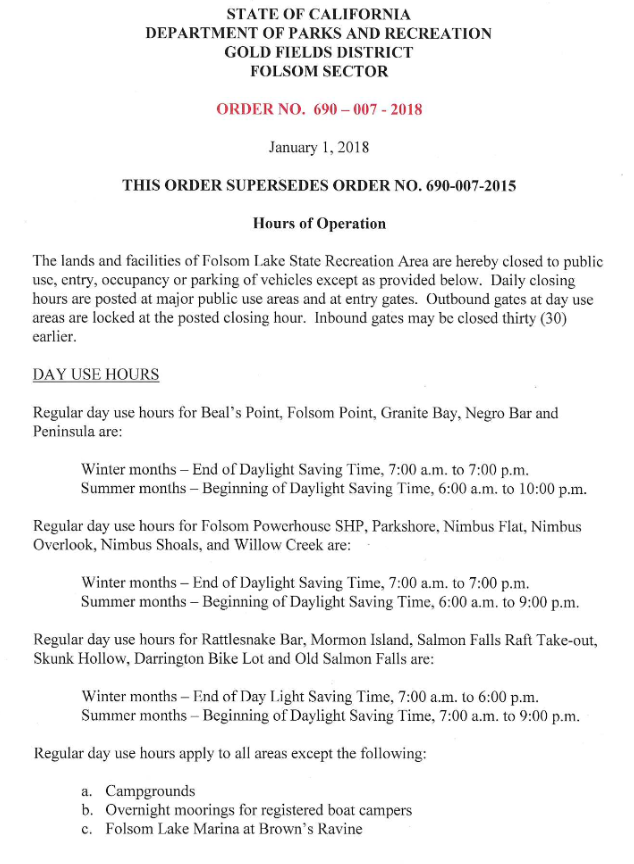
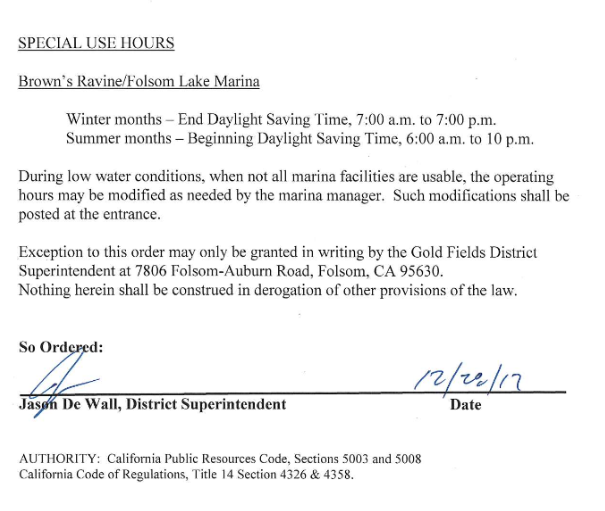
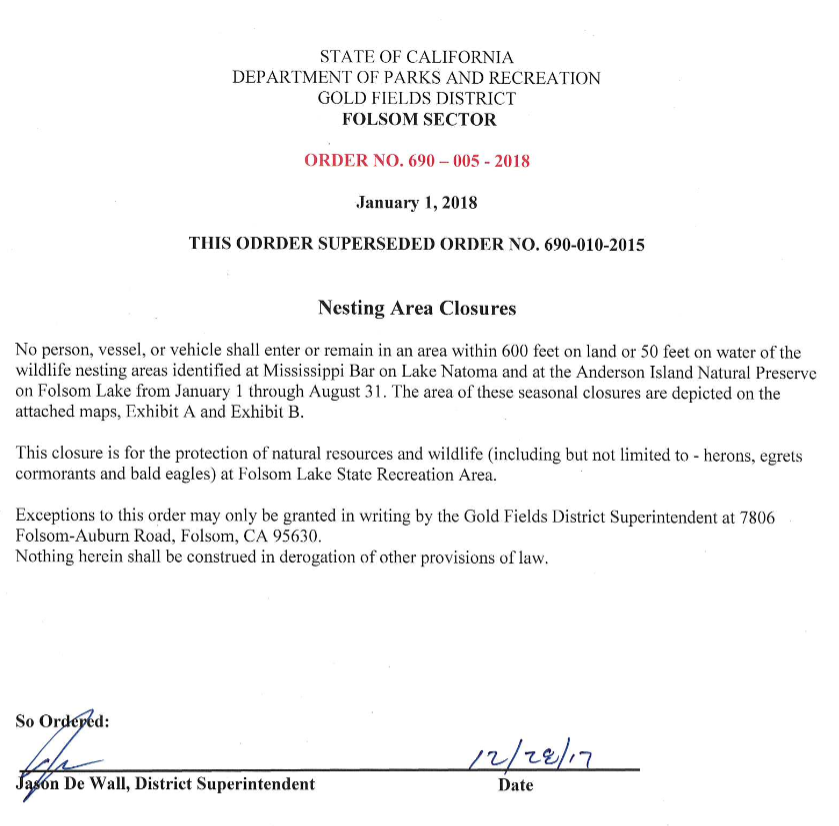
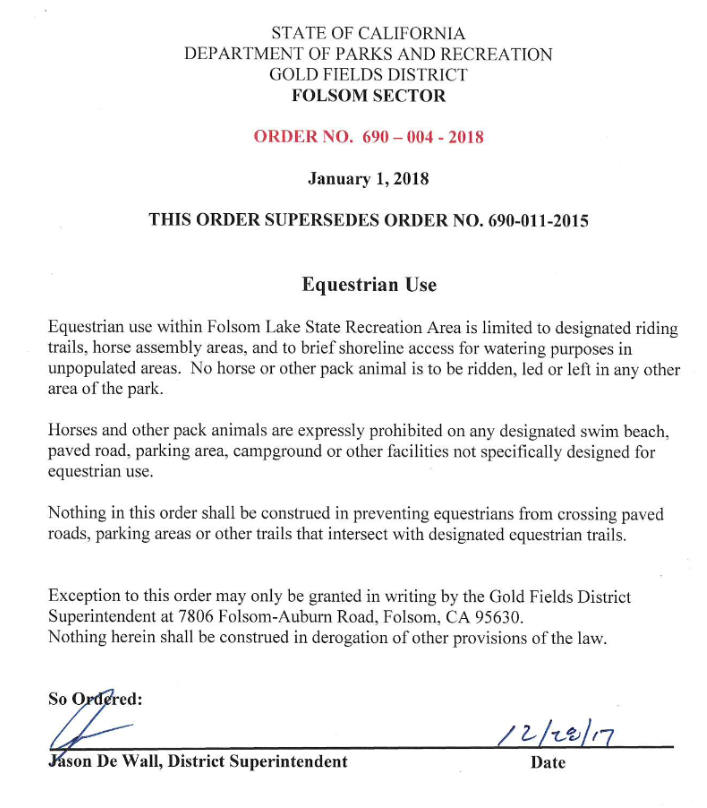

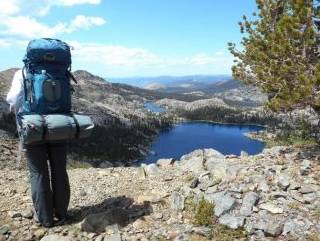
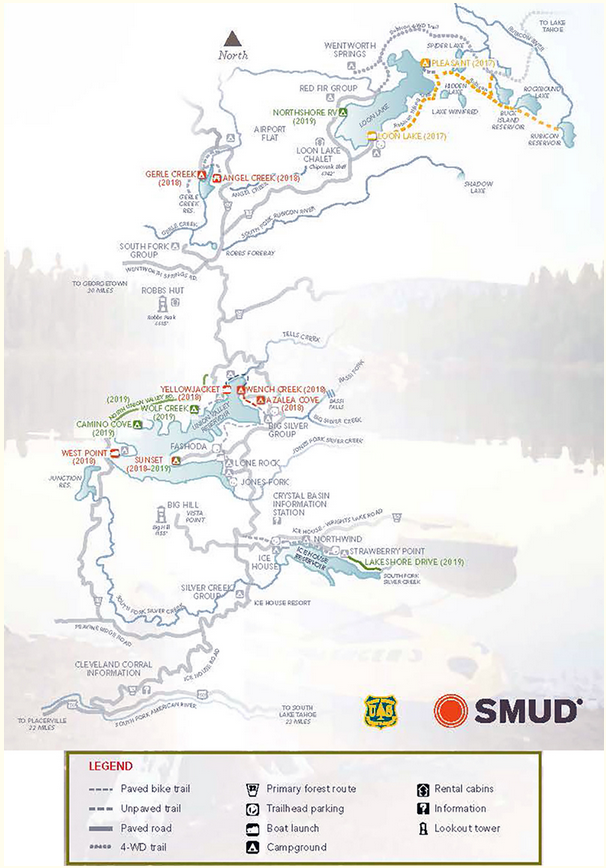

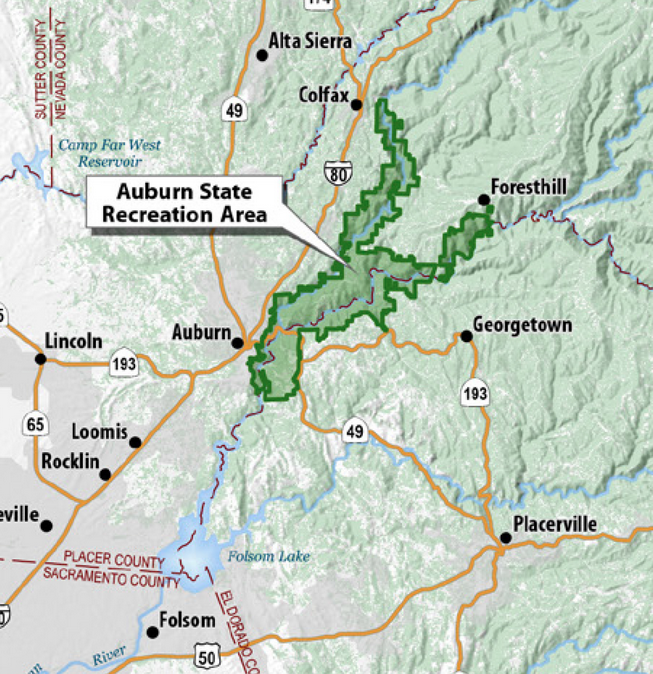
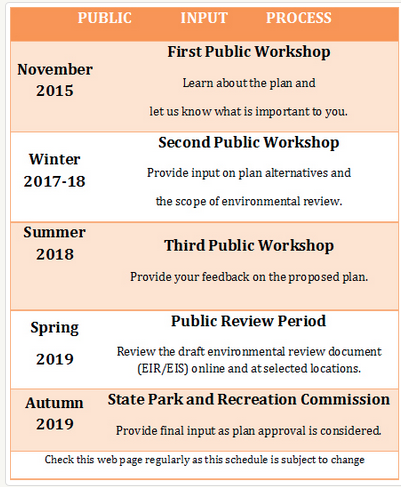
 RSS Feed
RSS Feed